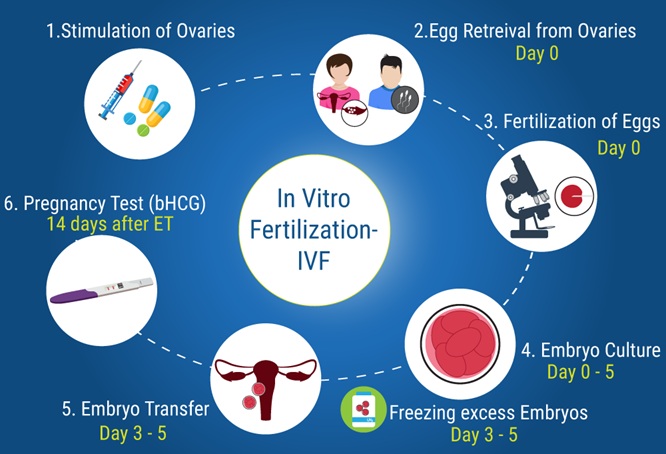The article is created in collaboration with BetterHelp.
In the face of diet culture, many individuals pay extra attention to their diet and exercise, and for some people these efforts could eventually cause them to develop an eating disorder.
Getting an eating disorder isn’t a decision and it has little to do with just food. Since eating disorders are mental illnesses, they must be tackled with help and medical care. In this section, we will talk about three typical eating disorders, what their symptoms are, and how treatment can be found .
What Do Eating Disorders Refer to?
Having an eating disorder can lead people to develop harmful behavior related to food and, in some situations, exercises as well. People with these disorders usually face a greater risk of getting mental health conditions, physical diseases, and different concerns .
Although there is no main reason why eating disorders happen, experts commonly agree they result from a variety of biological, social, and environmental causes . Among the risk factors are dealing with a bad body image, experiencing trauma, coming from a family where eating disorders occur, struggling with any mental health disorders, always trying to diet, and having a low self-esteem.
Eating disorders that are present in most people are listed here.
Eating disorders have symptoms that affect people’s bodies and minds. Out of the many types, the following three are the most common :
Anorexia Nervosa
Anorexia nervosa makes individuals concerned with being very underweight, which they achieve by cutting down their intake of food, working out too much, and using ways to get rid of it. Most of these people view their bodies as larger than they really are . Often, food, weight, and appearance become the central focus in their life . Because of this, people stop eating, and become exhausted from exercising much more than usual; however, they still do not feel good enough. If not treated, anorexia can cause dangerous health problems and may even be fatal .
Bulimia Nervosa
The condition bulimia nervosa is marked by times when a person eats a lot and then tries to make themselves vomit or use drugs to get rid of the food. Apart from eating huge meals, some individuals may barely eat at all or cut down on their calorie intake. As a result of bulimia, people may see themselves negatively and develop negative views about their bodies.
Binge Eating Disorder is a serious condition.
Anyone living with binge eating disorder is tempted to eat excessive quantities of food all in one sitting, and it is almost impossible for them to stop eating. After an episode of overeating, such people usually feel guilty and ashamed, which leads to overeating again and forms a more and more compulsive habit . Individuals with this type of eating disorder tend to eat in private, so others do not notice, and they also find places where no one will find their food in order to eat it later.
Treatments That Can Help With Eating Disorders
Are you unsure of how to tackle eating disorders? The basic fact is that each person’s road to recovery is not the same. Still, there are some strategies used to bring healing to those with these disorders, including dining advice, medication, therapy sessions, adjustments to lifestyle, medical assistance, and so forth. In most cases, using different strategies together leads to the best possible results . There are situations when an individual will need to receive personalized help in either an inpatient facility or a hospital.
Conclusion
Such conditions can seriously affect the well-being of a person when proper care is not given . Untreated disorders become more severe when left over time . Getting support from someone else can really change the course of an individual’s recovery, allowing them to get helpful advice and assistance . Though eating disorders may impact all parts of someone’s life, no one needs to go through it alone . Being persistent and positive eventually leads to a healthier and happier life .



